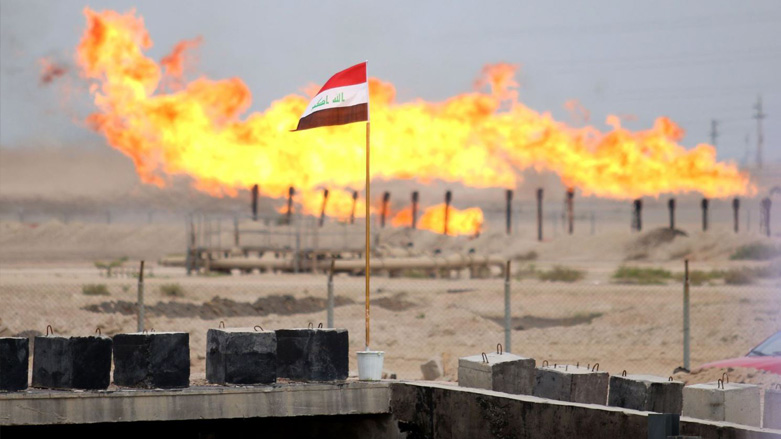Iraq joins other OPEC+ members to cut oil output

ERBIL (Kurdistan 24) – As part of the collective decision by its fellow OPEC+ members, Iraq has decided to cut 211,000 barrels of oil per day, beginning in May, in an effort to stabilize the oil market, according to a statement from the Iraqi Oil Ministry.
Iraq’s oil reduction accounts for nearly half of Saudi Arabia’s target of cutting half a million barrels per day until the end of 2023, per the statement.
The United Arab Emirates (UAE), cutting 114,000 bpd, followed the decision along with Kuwait, Algeria, Oman, and Kazakhstan.
Iraq said the cut was a voluntary “precautionary measure to address the challenges facing the global oil market, to strike a balance between supply and demand and market stability.”
Iraq’s decision comes as Baghdad is in negotiations with the Kurdistan Region to resume its export of 400,000 bpd through Turkey’s Ceyhan port.
KRG’s oil export has been halted since last week, at the request of Baghdad, after it claimed victory in a legal challenge against Ankara at the Paris-based International Court of Arbitration.
Other members of OPEC expressed fear that the preemptive cuts in oil production could drive oil prices up, while the world is grappling with inflation, following the Russian invasion of Ukraine.
In total, 1.16 million barrels of crude will be out of production as a result of the collective measure.
The decision has already driven up oil prices as of Monday morning. Brent, a benchmark for two-thirds of the world’s oil, gained 5.57 percent, with oil traded at $84.34.
As the second largest OPEC+ producer, Iraq's daily production stands at 3.3 million bpd. It earned more than $7 billion in March, according to the oil ministry.
